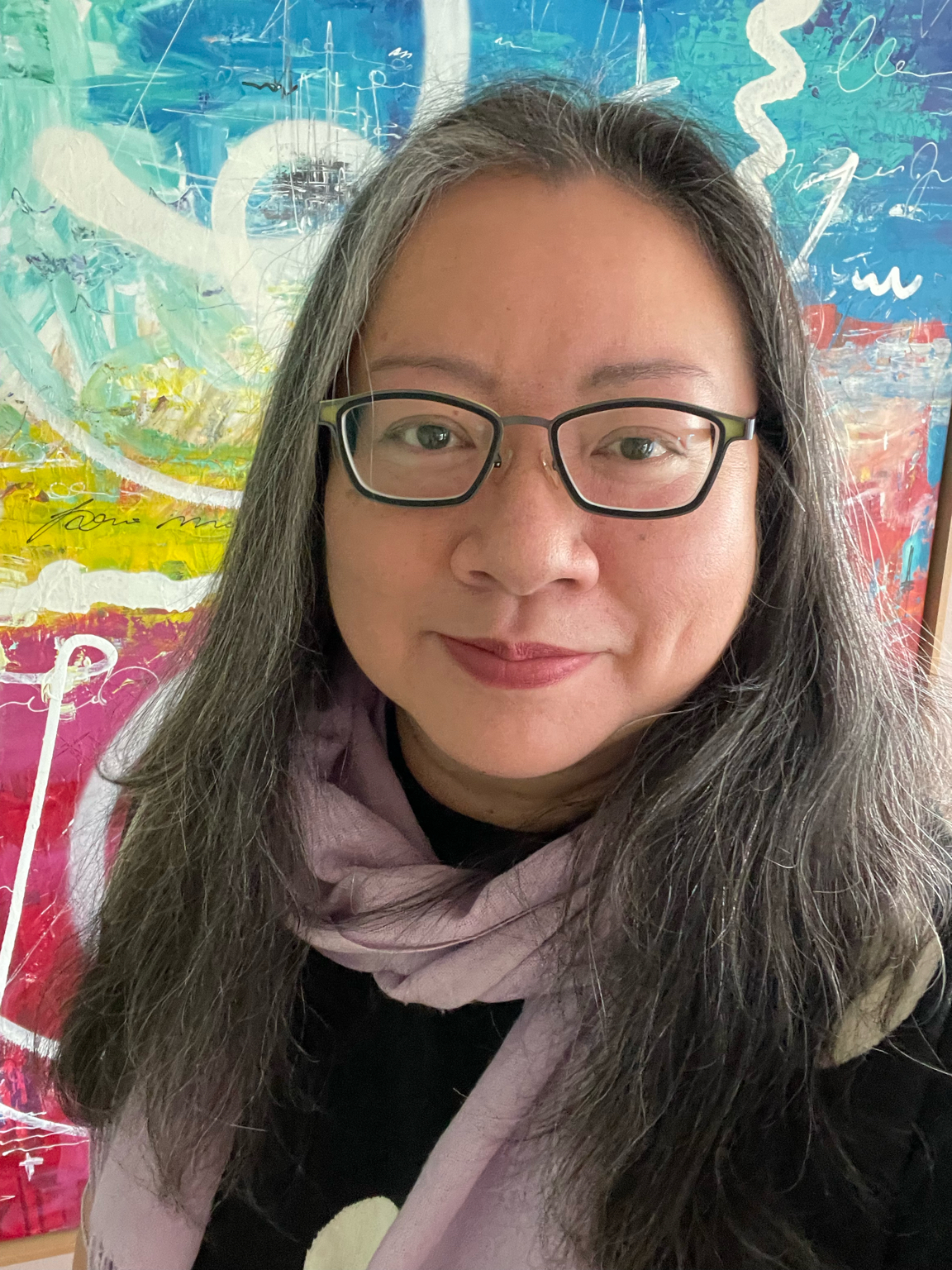2025 Research Speaker Series
Charlotte Lee
Professor, HCDE
THURSDAY, OCTOBER 23
4:30 – 5:20 p.m.
Sieg Building, room 134
Floating Points
Combining personal memoir and computing history, this talk will reprise and elaborate on a paper presentation that was given in September at an HCI conference that meets only every 10 years. This talk will present: (a) what was shared at the time, (b) how attendees responded, and (c) implications for those in the audience.
Below is the abstract and link for the original paper, co-authored by Adam Hyland:
This essay is part biography and part computing history. It is a reflection on how the past, present, and future intertwine. It is also a rumination on how the experience of time can feel simultaneously disjointed and continuous. In the spirit of this decennial conference which invites us to reflect on the role of computing in shaping and improving the human condition in a world subsumed by crises, we present a gentle provocation on how even the most fundamental technicalities in computing must be negotiated and imbued with life. The successful technical standard, IEEE 754 for floating point arithmetic, serves as a centerpiece for varied stories and conversations. This essay draws on the personal stories of the first author as well as primary and secondary sources on the history of the IEEE 754 standard. This essay describes what floating points are in numerical computation while also depicting simple life stories as points floating in time. As experience and memory can feel disjointed and kaleidoscopic, the stories are presented out of chronological order. Finally, this essay shows that some moments are truly decisive.
About the presenter
Dr. Charlotte P. Lee is a professor in the Department of Human Centered Design & Engineering (HCDE) at the University of Washington and is the Director of the Computer Supported Collaboration (CSC) Laboratory. Lee’s research is in the field of Computer Supported Cooperative Work (CSCW) where she focus on the collaborative development of information infrastructures for diverse stakeholders. Her approaches blend aspects of Human-Computer Interaction, Design Studies, Organization Science, and Science and Technology Studies. Her work focuses on empirically describing and theorizing the information practices, artifacts, and coordination structures of communities of practice working towards a shared goal: collaborative design.
Several of her papers have been nominated for a Best Paper Award at the ACM’s Conference on Computer-Human Interaction (CHI), ACM Conference on Computer Supported Cooperative Work (CSCW), and IEEE Collaborative Technologies and Systems (CTS) Conference. Dr. Lee has been awarded a Google Research Award for her work on online calendar sharing and has also been awarded an National Institutes of Health (NIH) grant, and five National Science Foundation (NSF)-funded grants that study aspects of collaboration in the development of information infrastructures for data-intensive knowledge work. She was a recipient of the University of Washington’s College of Engineering Junior Faculty of the Year Award and a National Science Foundation CAREER Award winner for “junior faculty who exemplify the role of outstanding teacher-scholars”. Dr. Lee is also an Associate Editor of the international Journal of Computer Supported Cooperative Work (JCSCW).
The HCDE Research Speaker Series is hosted Thursdays in Autumn Quarter by the Department of Human Centered Design & Engineering at the University of Washington. Presentations are open to the public.
